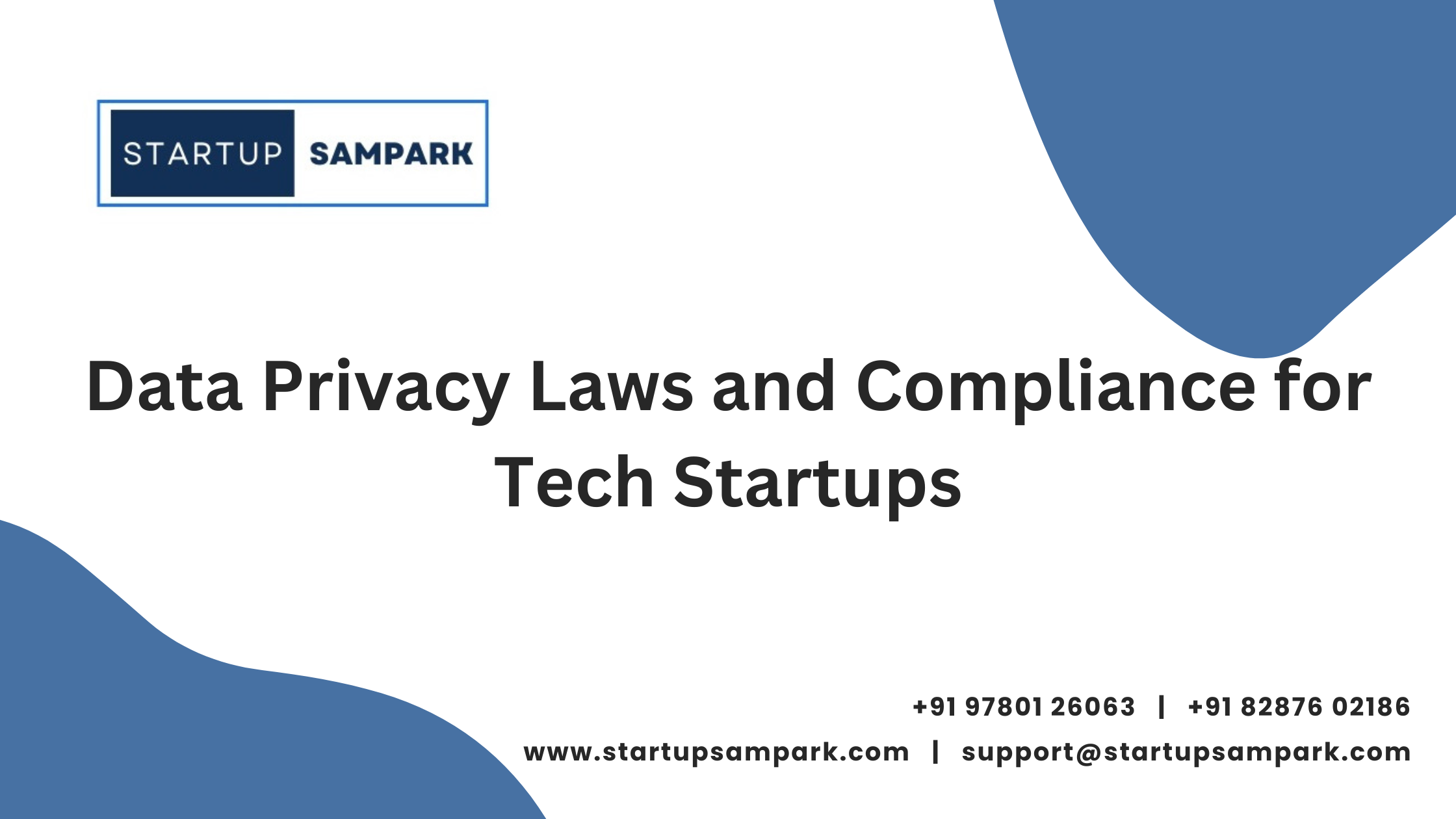Data Privacy Laws and Compliance for Tech Startups
Overview of Data Privacy Laws in India
In India, data privacy and protection are governed primarily by the Information Technology (Reasonable Security Practices and Procedures and Sensitive Personal Data or Information) Rules, 2011. These rules mandate that entities handling sensitive personal data implement reasonable security practices to safeguard such data. Organizations must establish a comprehensive privacy policy, enforce data security measures, and inform users about their rights concerning their personal data. This regulatory framework is foundational for tech startups in ensuring that they handle personal information with due diligence.
The Personal Data Protection Bill, 2019
The Personal Data Protection Bill, 2019 represents a significant step towards enhancing data privacy in India. This bill introduces the concept of data fiduciaries, which are responsible for managing personal data and ensuring its protection. The bill emphasizes consent-based data collection, storage, and processing, requiring startups to obtain explicit and informed consent from users. It also outlines the rights of individuals, such as the right to access and rectify their data, and imposes obligations on data fiduciaries to comply with these rights.
-
 Startup Registration (DPIIT Recognition)₹8,850.00
Startup Registration (DPIIT Recognition)₹8,850.00
Consent Mechanisms
Under Indian data privacy laws, consent is a fundamental requirement. Tech startups must ensure that they obtain explicit and informed consent from users before collecting, processing, or sharing their personal data. This consent must be clear, specific, and freely given. Startups should implement transparent consent mechanisms that clearly explain what data is being collected, its intended use, and how users can withdraw their consent if desired.
Data Localization Requirements
Data localization has become a critical issue in India’s data privacy landscape. The Indian government has emphasized that data should be stored within the country to enhance security and regulatory oversight. For tech startups, this means adapting their infrastructure to comply with data localization requirements. This may involve significant changes to data storage and processing practices to ensure that data is not transferred abroad, aligning with the government’s directive on data sovereignty.
Data Breach Notification Protocols
In the event of a data breach, startups are required to notify affected individuals and relevant authorities promptly. The Information Technology Rules stipulate that a clear breach notification process be in place to mitigate the impact on affected parties. Establishing a robust incident response plan and breach management strategy is essential for compliance. This includes timely communication with affected users and implementing measures to prevent future breaches.
Ongoing Compliance and Monitoring
Ensuring compliance with data privacy laws requires continuous vigilance. Tech startups must regularly review and update their privacy policies, conduct data protection impact assessments, and provide ongoing training for employees handling personal data. Proactively managing these aspects helps startups stay compliant with evolving regulations and build trust with users by demonstrating a commitment to safeguarding their personal information. Regular audits and updates are crucial in maintaining adherence to legal requirements and adapting to any changes in the regulatory environment.
startup, company incorporation, india
-
 Startup Registration (DPIIT Recognition)₹8,850.00
Startup Registration (DPIIT Recognition)₹8,850.00















Post Comment